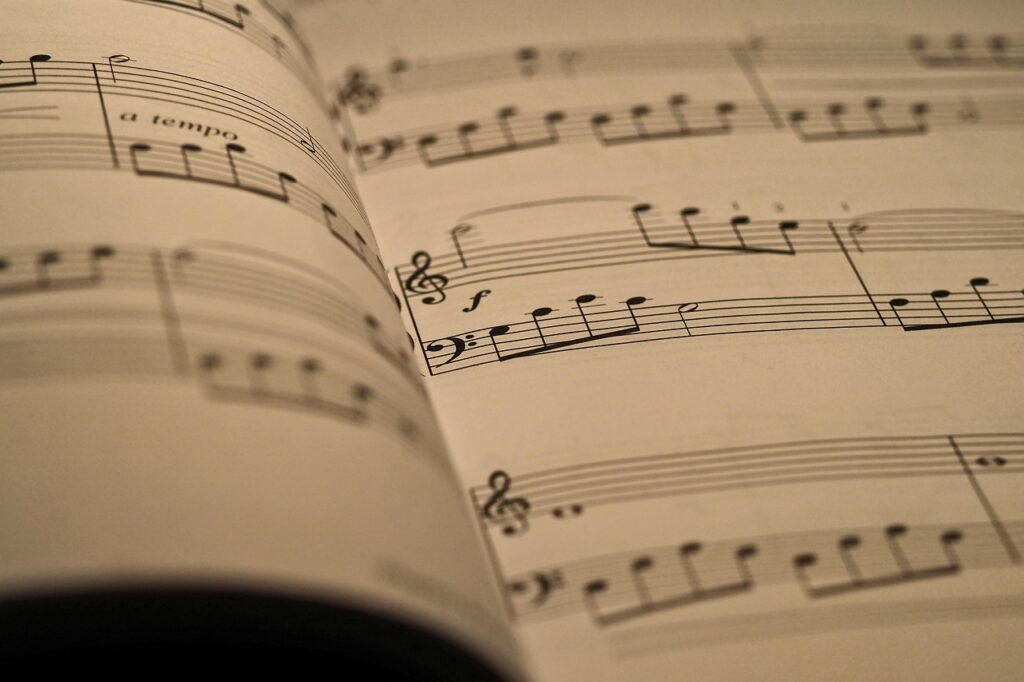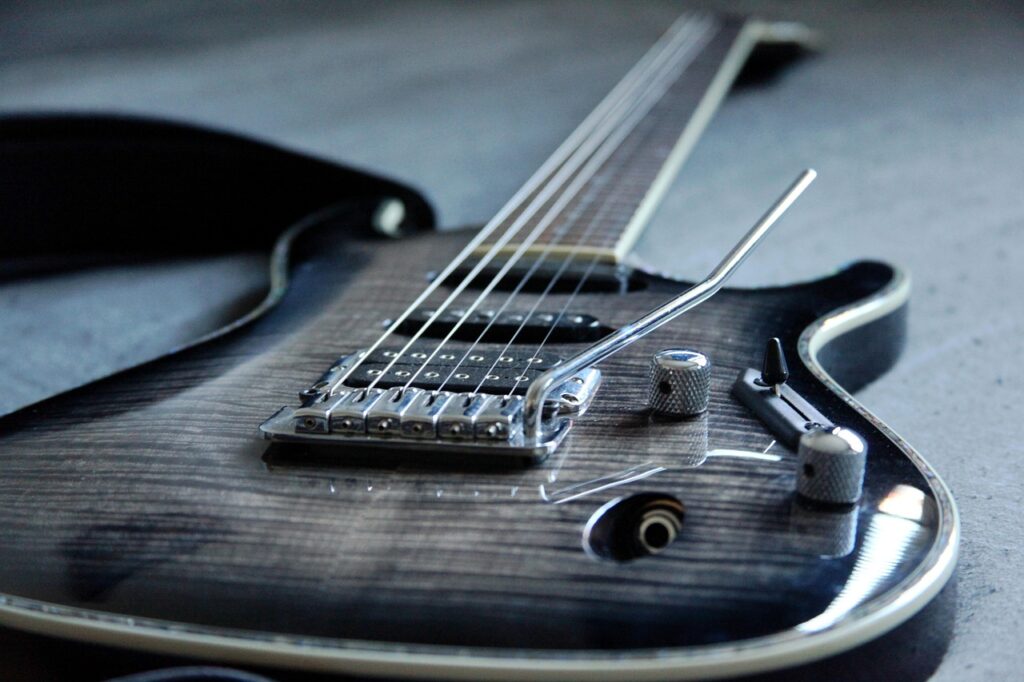How Soundtracks Have Shaped Iconic Movie Moments
Music in film is much more than a background element; it is a powerful storytelling tool that enhances the emotional impact of a scene. From the soaring strings of classical scores to the driving beats of modern soundtracks, music can evoke deep emotional responses, heighten tension, and create unforgettable cinematic moments.
The right song or score can completely change the tone of a scene and turn it into something iconic that stays with viewers long after the credits roll. The power of music is undeniable, and over the years, many movies have been defined by their soundtracks.
For instance, the legendary Star Wars theme has become synonymous with space battles and epic adventures, while a song like “My Heart Will Go On” from Titanic has been etched into the hearts of movie lovers around the world. And, much like people connect with certain songs to express emotions, they can connect with other people, chat with Slavic women and be captivated by the melodies of other people’s souls.
How Music Enhances Emotional Depth in Film

One of the most important roles that music plays in film is in conveying emotion. It can take a scene from good to unforgettable, as the right score or song can communicate feelings that may be difficult to express with dialogue alone. The emotional depth that music can add to a film is one of the reasons that film scores are often considered an integral part of a movie’s success.
Example #1: Schindler’s List
The iconic theme from Schindler’s List, composed by John Williams, played by a violin, speaks volumes about the pain, suffering, and sorrow experienced during the Holocaust. It’s a perfect match for the gravity of the film, and it’s hard to imagine the film’s emotional weight without the music. In this case, the soundtrack amplifies the solemnity and humanity of the story, providing a richer emotional experience for the audience.
Example #2: Rocky
The iconic training montage, accompanied by Bill Conti’s “Gonna Fly Now,” is a perfect example. The upbeat, triumphant score mirrors the physical and emotional journey that Rocky Balboa embarks on. Without that music, the scene wouldn’t have the same level of emotional resonance.
Music as a Storytelling Tool in Film
Filmmakers use music to enhance the atmosphere and foreshadow events, reveal character traits, and create a sense of place. A film’s soundtrack can be as important as the dialogue in telling the story and providing context.
Example #1: Jaws
The movie features a famous two-note motif by composer John Williams. The eerie, relentless sound of the music slowly building in the background serves as a subtle yet powerful warning of the shark’s impending arrival.
The simplicity of the motif, paired with the suspenseful moments in the film, creates a heightened sense of fear and tension. Over time, the music itself becomes synonymous with the threat of the shark and starts offering a chilling reminder that danger is never far away.
Example #2: Inception
Composer Hans Zimmer uses a score that intertwines with the film’s narrative structure. The music gradually builds as the film explores the concept of dreams within dreams. The soundtrack, particularly the track “Time,” plays a crucial role in reinforcing the film’s theme of time manipulation.
The score helps the audience to keep pace with the narrative’s complex layers and gives a sense of urgency and gravity to the story. This enhances the impact of the film’s emotional and intellectual depth.
Iconic Soundtracks

Certain movie moments are forever linked to the music that accompanies them. These moments transcend the film itself and become cultural touchstones.
Example #1: Pulp Fiction
The scene in Pulp Fiction where John Travolta and Uma Thurman dance to Chuck Berry’s “You Never Can Tell” is a good illustration of how music can elevate a moment to a memorable one. The lively rock ‘n’ roll song establishes the scene’s mood and lends it a timeless, carefree feel.
While the film is known for its eclectic mix of music, it’s this particular scene that stands out, thanks in large part to the infectious rhythm and the pairing of the music with the characters’ quirky personalities. The music provides an energy that matches the playful, unexpected nature of the scene, which makes it one of the most memorable moments in film history.
Example #2: Indiana Jones and Raiders of the Lost Ark
Music often helps elevate the intensity of action scenes, too. Think of the adrenaline-pumping score by John Williams for Indiana Jones. The chase sequences in the first movie of the series, accompanied by the energetic and fast-paced score, heightened the excitement and tension of the scenes. This kind of music has the power to make the audience feel like they are right there with the characters, experiencing the thrill of the chase or the weight of the decision-making.
The Evolution of Movie Music: From Classical to Modern
Movie music has evolved significantly over the years. Early films, particularly silent films, used live orchestras to accompany the action on screen. However, the introduction of sound in the 1930s opened up new possibilities for composers to create more intricate and dynamic scores.
The classical approach to film music — characterized by lush orchestral arrangements — has remained a staple in many blockbuster films. Legendary composers like Bernard Herrmann, Ennio Morricone, and John Williams helped define the role of music in cinema during the mid-20th century.
However, the landscape has changed, and today’s film music incorporates a wider variety of styles and genres. Modern soundtracks often blend electronic music, pop hits, and even hip-hop to create a unique sonic experience. Films like The Social Network (composed by Trent Reznor and Atticus Ross) showcase how contemporary electronic music can be used to convey the underlying themes of a film and enhance the storytelling experience in new ways.
Soundtracks are also becoming more collaborative. Music artists and filmmakers are working together to craft soundtracks that integrate seamlessly with the visual and narrative elements of a film. The success of Guardians of the Galaxy demonstrates how incorporating popular music into a movie can create a fun and nostalgic atmosphere while giving the film a unique identity.